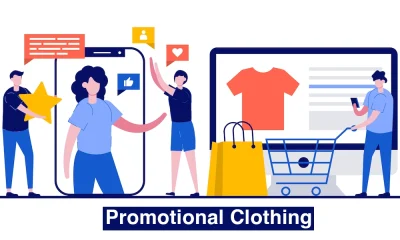Marketing
Digital Marketing for Small Businesses

Attracting customers online is done using digital marketing strategies. Businesses of all sizes will have a marketing plan that uses marketing strategies that focus on engagement with customers and prospective clients. The starting point is with an online presence that will include some or all of the following: a website, a blog, social media profiles. Businesses are encouraged to start off as they mean to carry on with a digital marketing plan that will attract business and ongoing audience engagement.
Benefits
Digital marketing has torn down most of the barriers traditional marketing upheld. Small businesses now know how access to customer markets like never before and advertising, once dominated by bigger businesses, is now accessible to everyone. Here are some other benefits of digital marketing.
- Direct communication and engagement with customers.
- Better insight on customers’ preferences improves your return on investment (ROI).
- It’s affordable.
- 24 hours a day contact with customers based on their chosen device, time, place, and need.
- Consumer behavior and engagement is much easier to track and analyze.
Content
The content your business puts online is important. Consumers want to see more than just advertisements. Ads are great for getting attention, but good content draws people in and keeps them wanting more. Valuable content includes engaging website copy, useful essays and blog articles, eye catching infographics, and insightful videos.
To create appropriate content, you need to know your audience. What works for one type of consumer might not work for the next. Post and share information that is important to your customers and followers. Many individuals look at a business’s website to determine whether or not to engage in business. You want that experience to go well. This means they should be able to find the information they need quickly and easily.
Search Engine Optimization
Search engine optimization seems intimidating, but it doesn’t have to be. Setup a Google Webmaster account. It is easy and free. Just sign up, register your domain name, and follow the steps. Google provides you with tailor tips on any SEO elements your website needs to address. When you do create content, fill in the meta data Google requests. Stuffing your page with key words is not helpful. You actually get penalized. Have a theme for each page of your website. Make the content useful and engaging. Write for human beings. Because it is human beings that Google is trying to optimize for.
Social Media
As a small business, it is best to focus on a few social media sites. Find out where your audience hangs out and go there. Most of the major social media sites offer free analytics. Take advantage of this. Pay attention to key influencers in your industry. Engage with these people. Don’t push a relationship. The idea is that they will want to share your content. This requires trust and building a relationship. These things don’t happen overnight. Sometimes scheduling tools can help. This way your presence stays consistent. Remember, your posts should consist of more than just ads. Tell stories, provide information, and link to relevant content.
Websites
Small business websites are the most important of all when it comes to digital marketing. People want to be able to find you. Your website gives your business credibility. It allows new customers to discover you. All of your social media accounts should lead people to your website. This is where the good information exists. Your site should tell a story about your business. It should be relatable. This is a must-have element of running a business.
Traditional marketing used to be cost prohibitive for most small businesses. Today, digital marketing and technology has opened many doors. Small businesses can get their brand in front of people. This requires some work, but it is doable. Provide your audience with good quality content. Take the time to get to know them and engage with them on social media. Make sure your website is user-friendly and tells the story of your business so people are able to relate.






